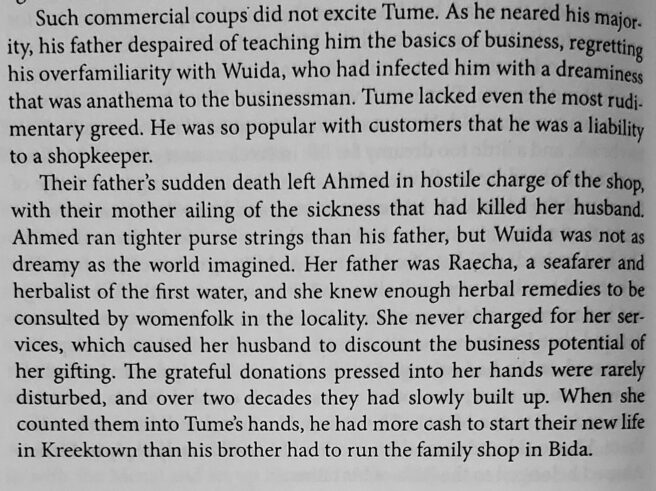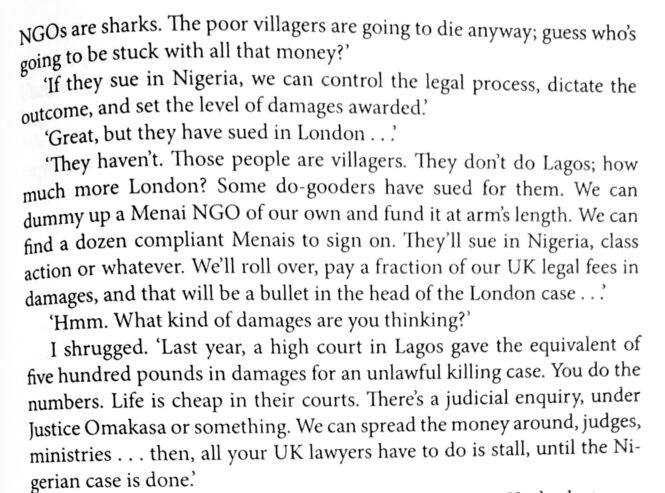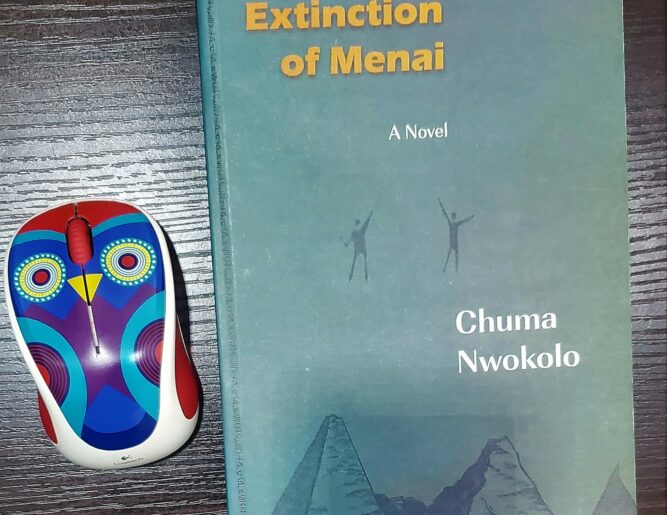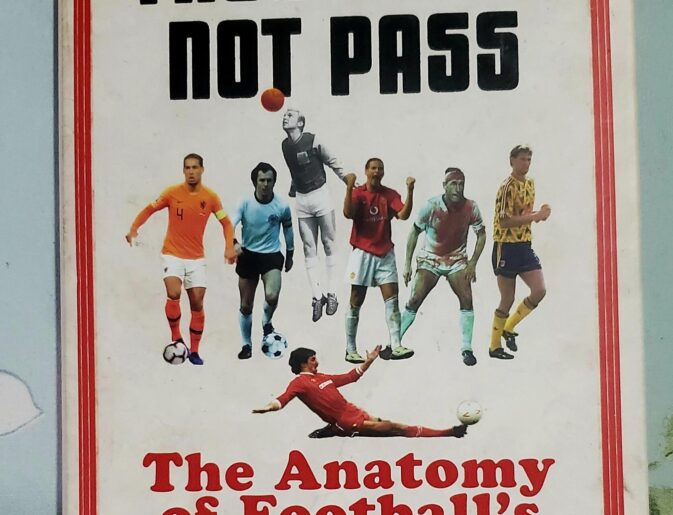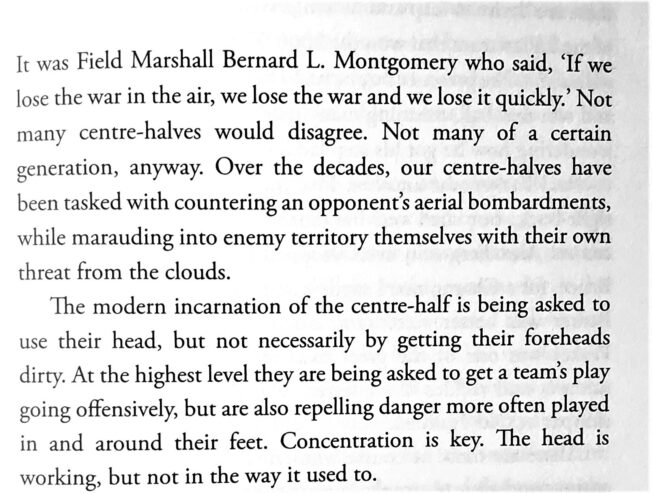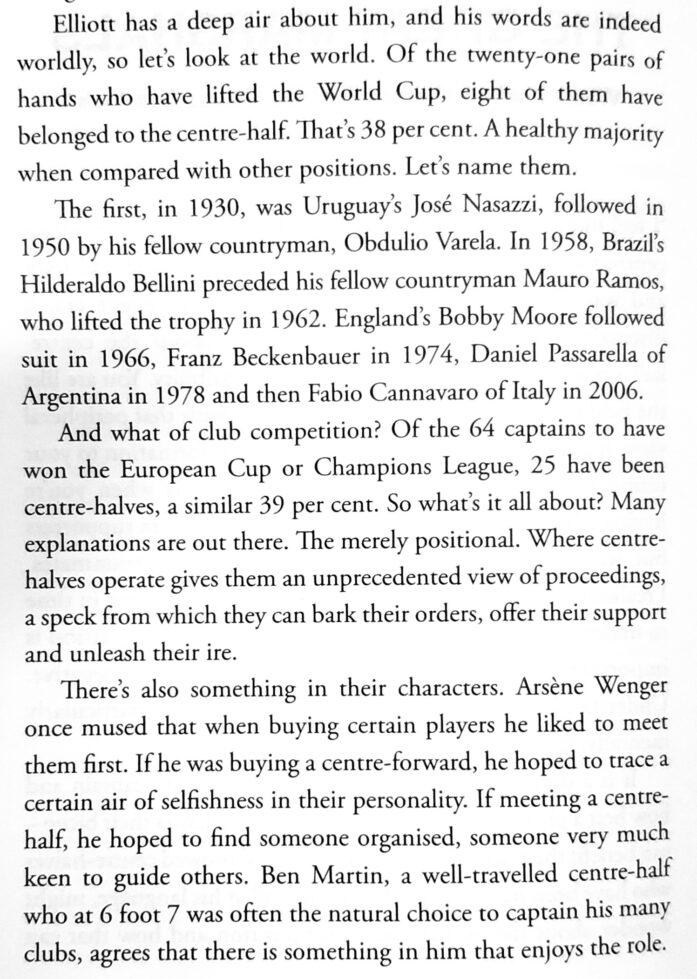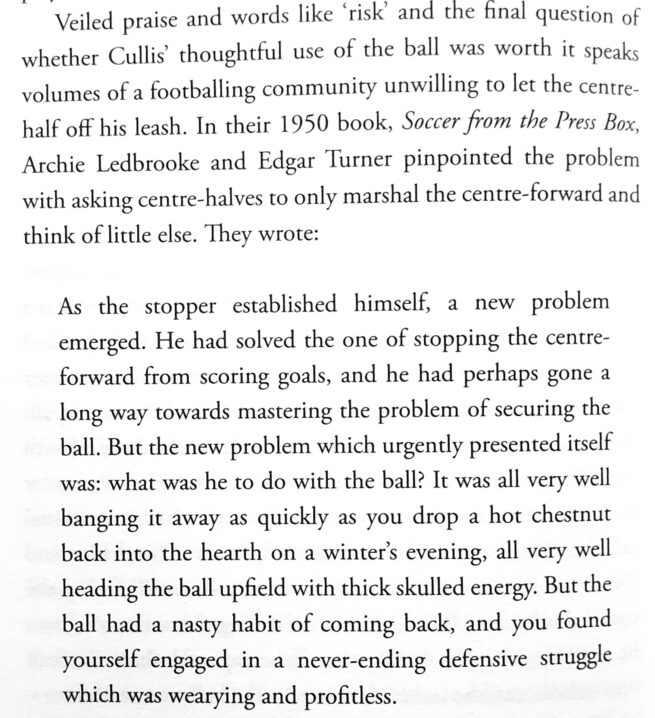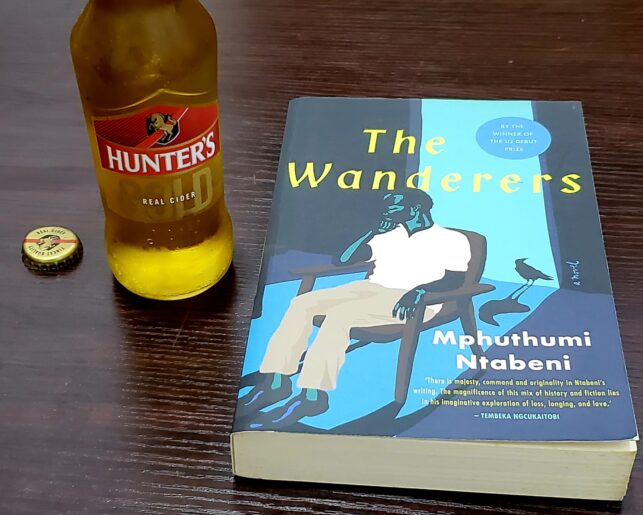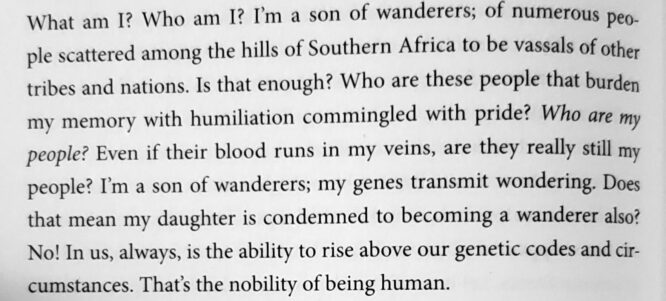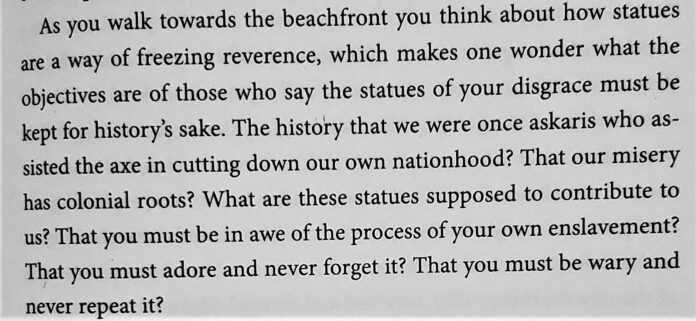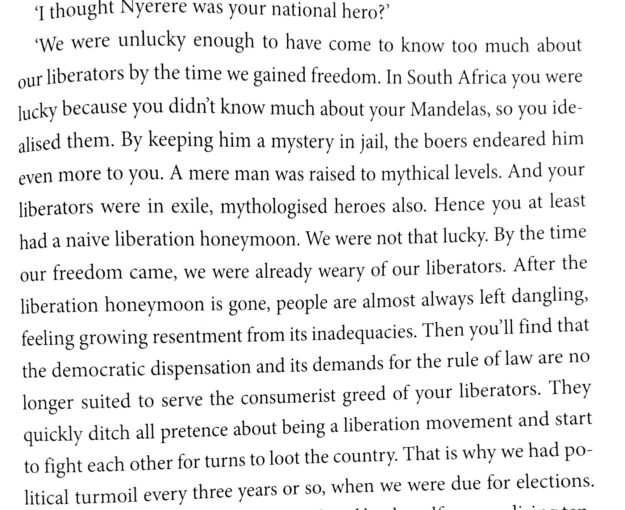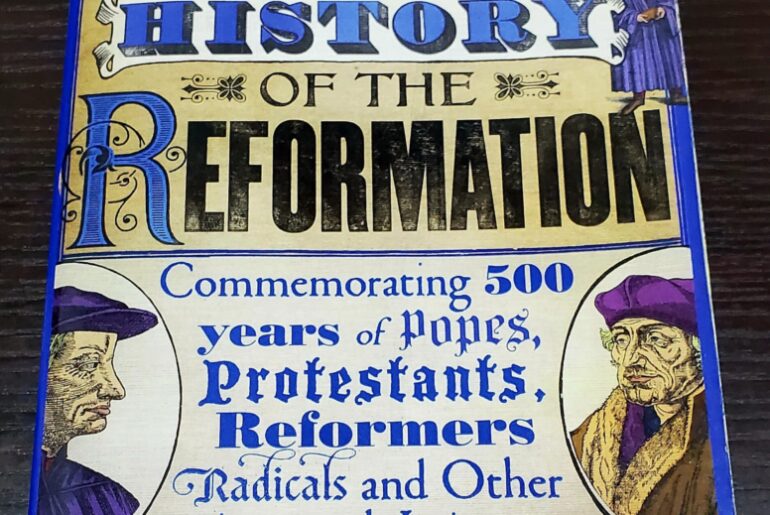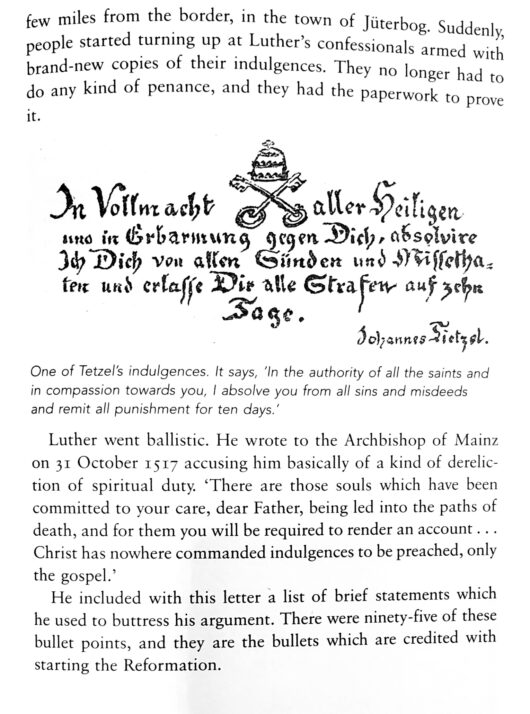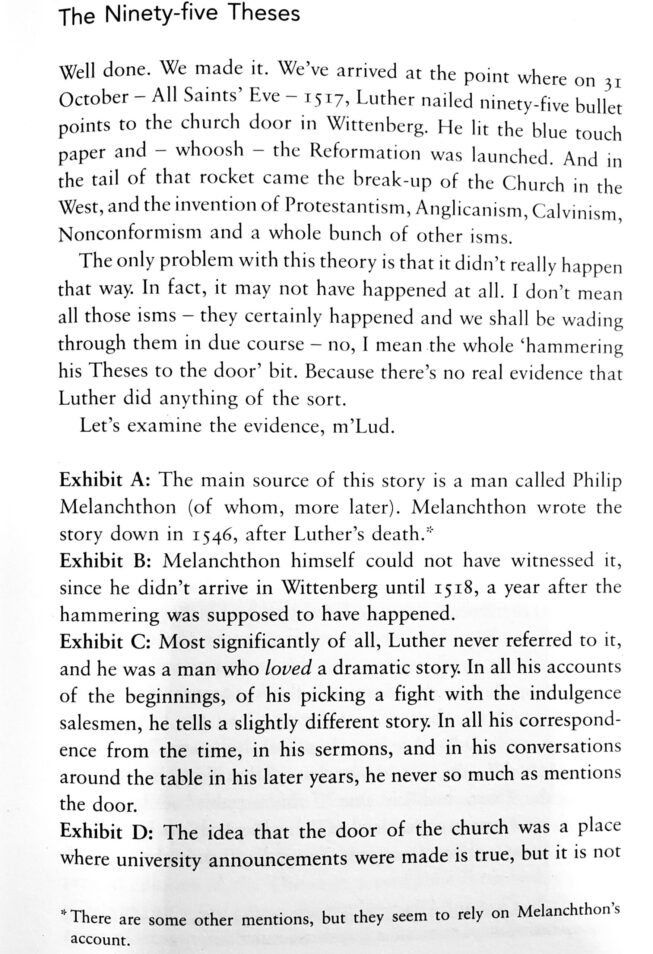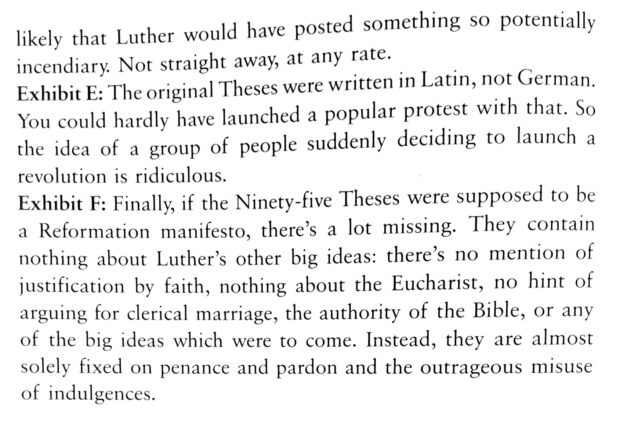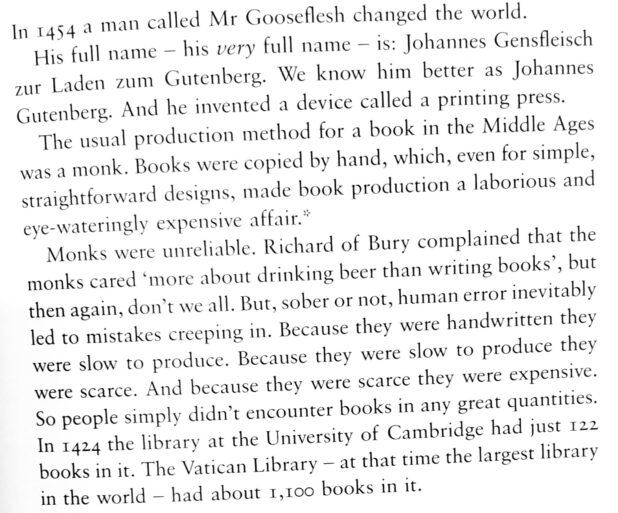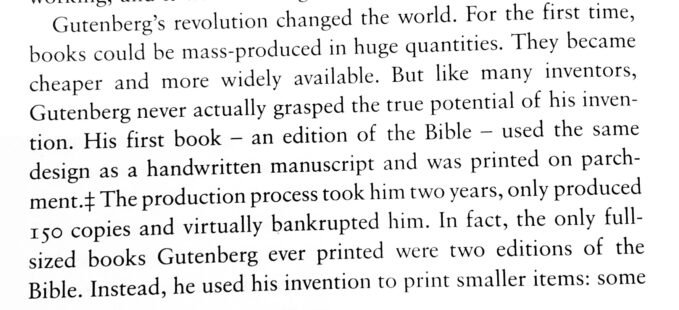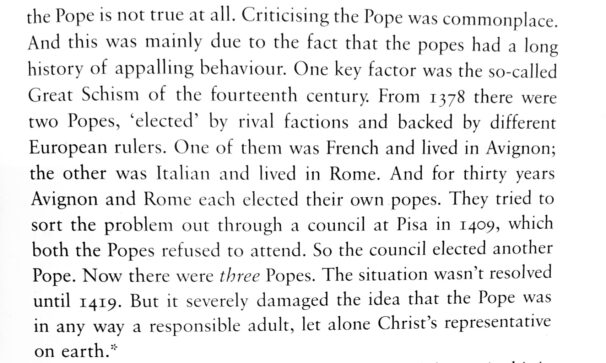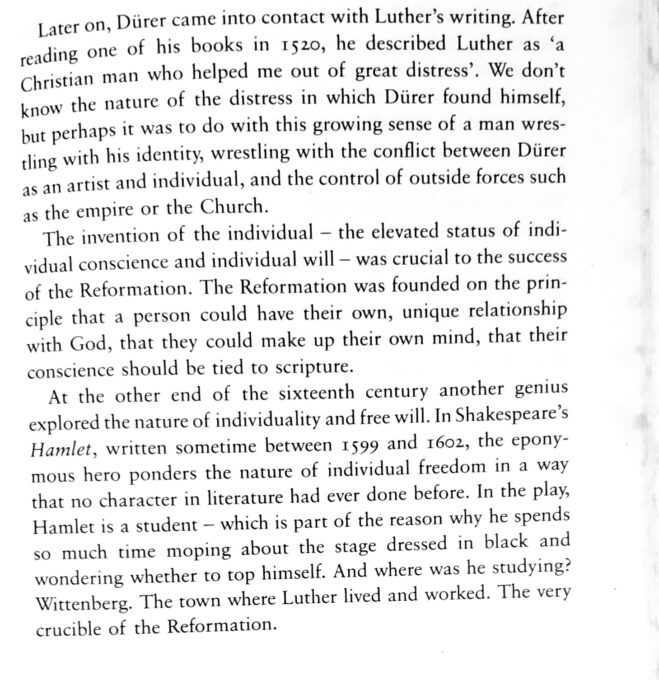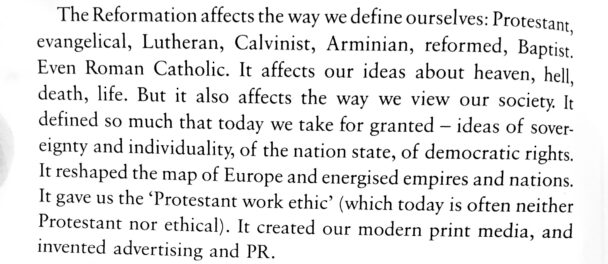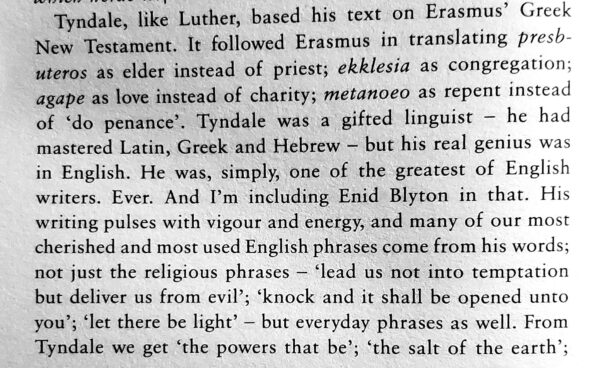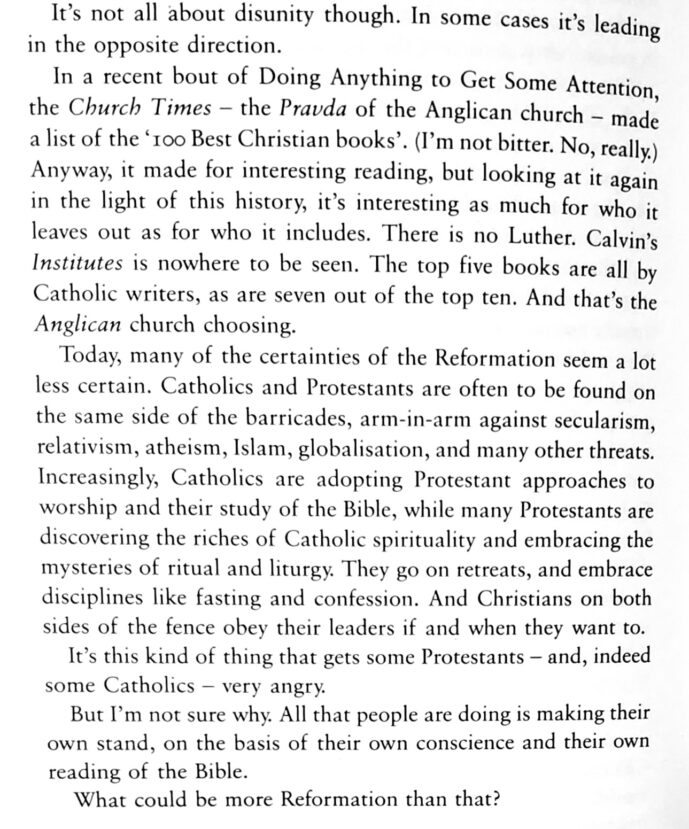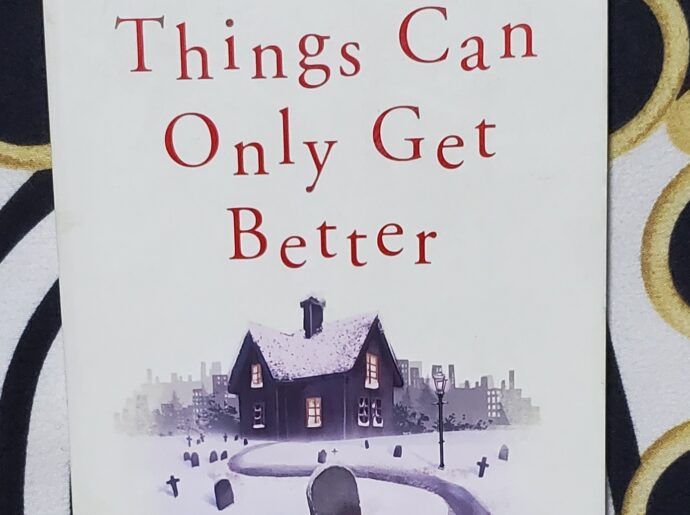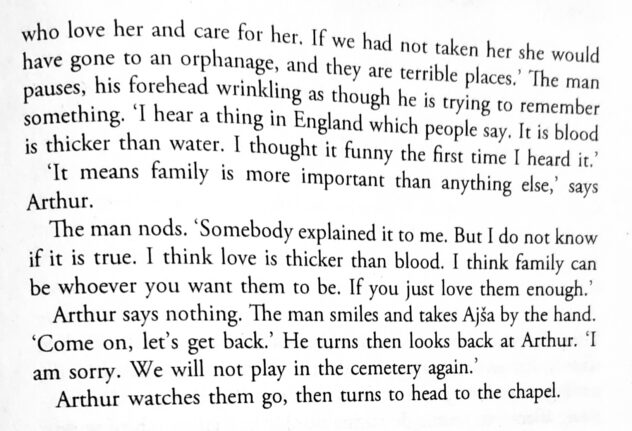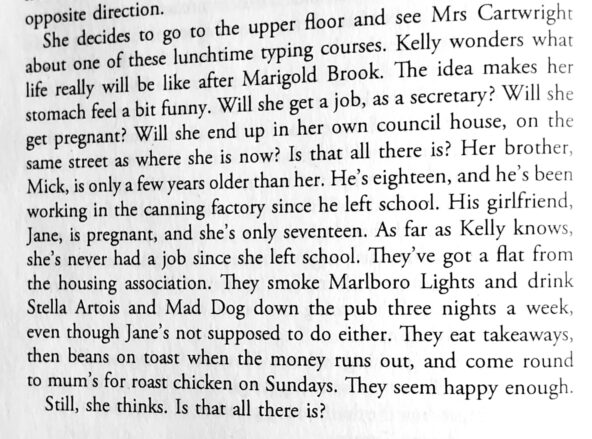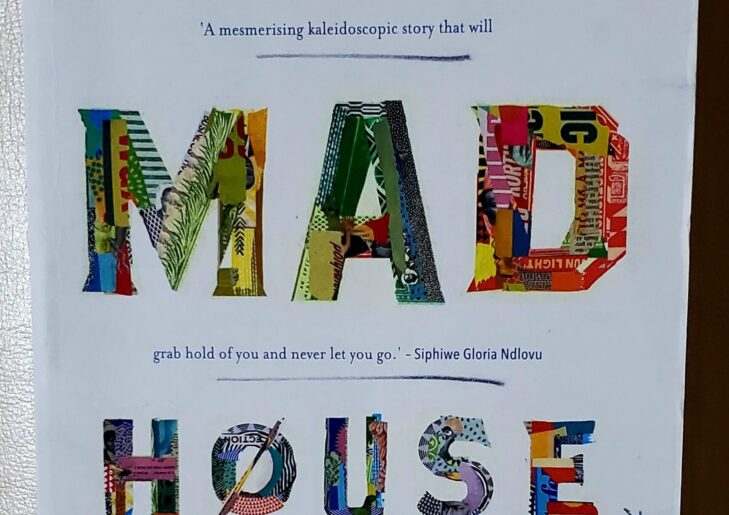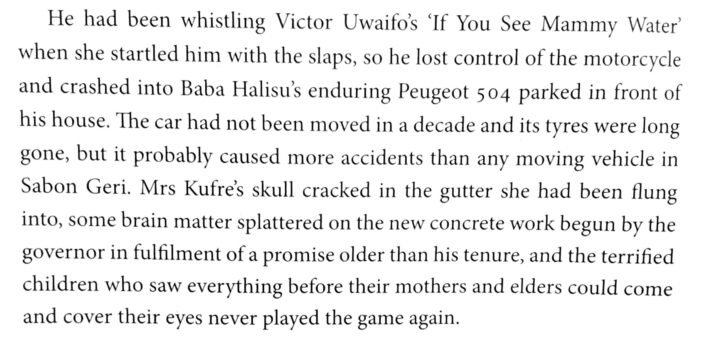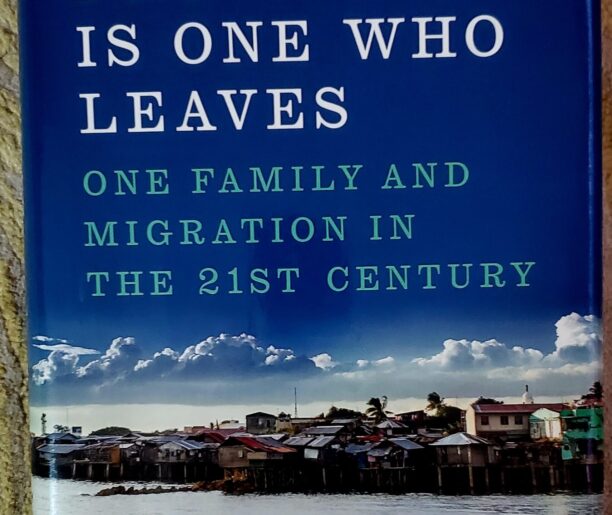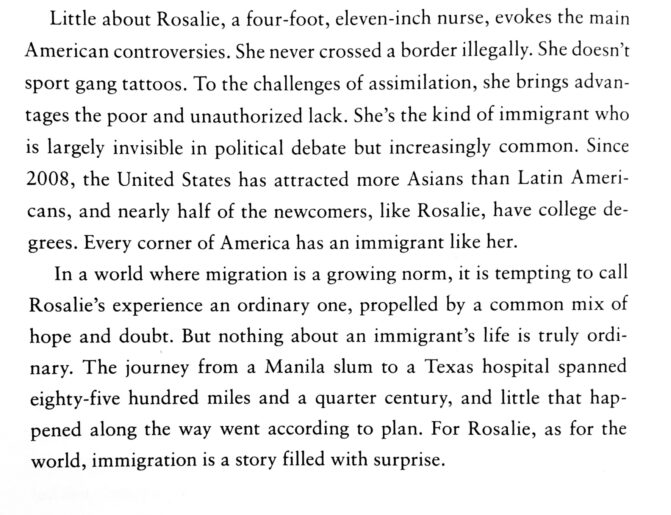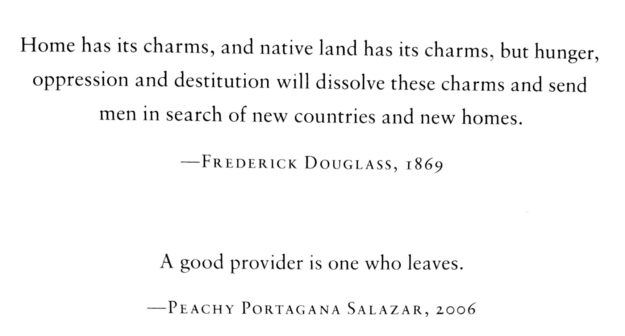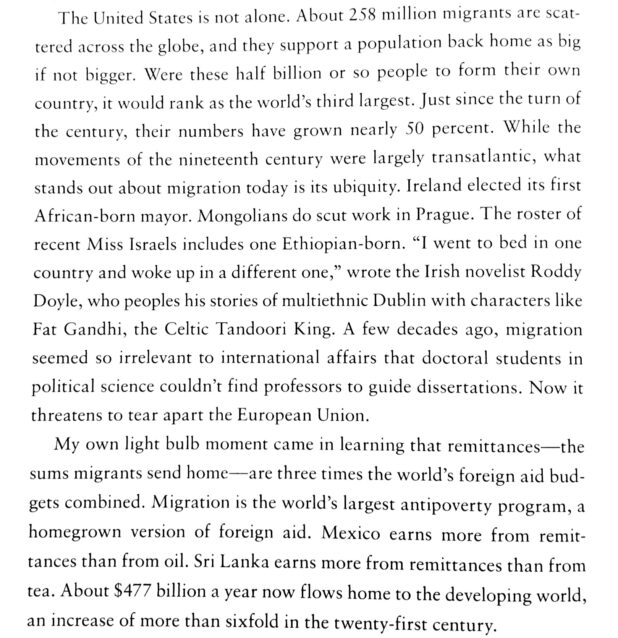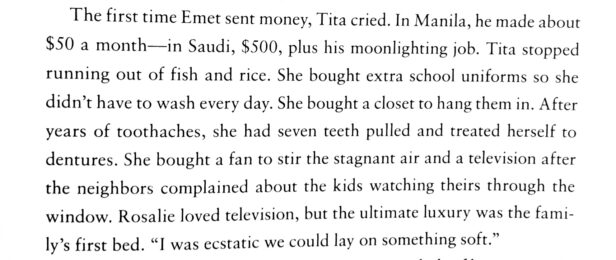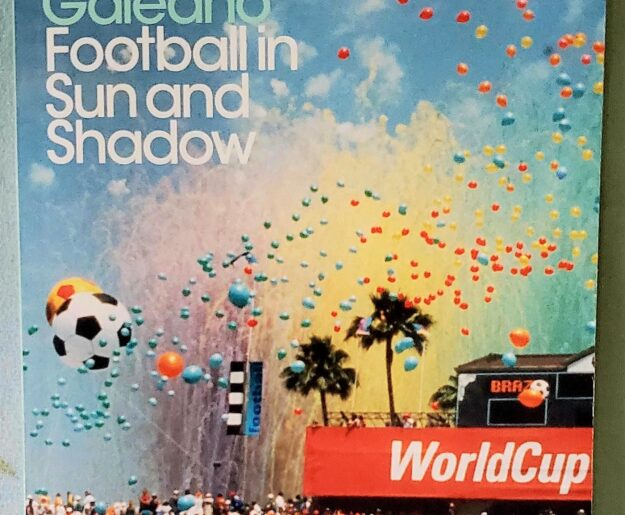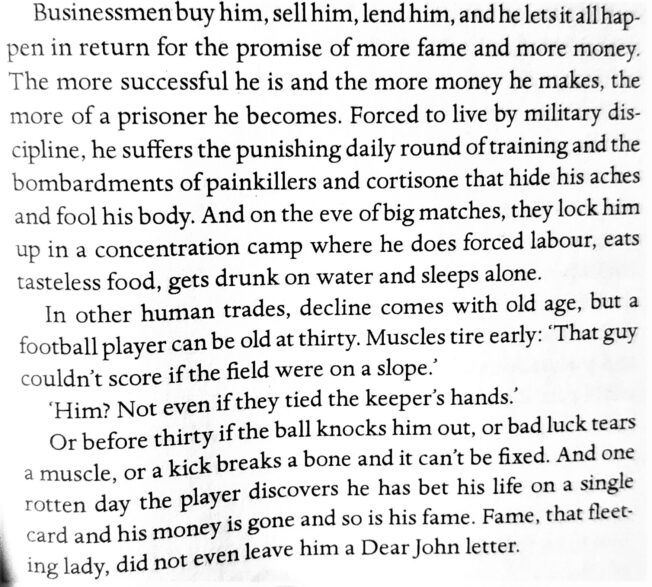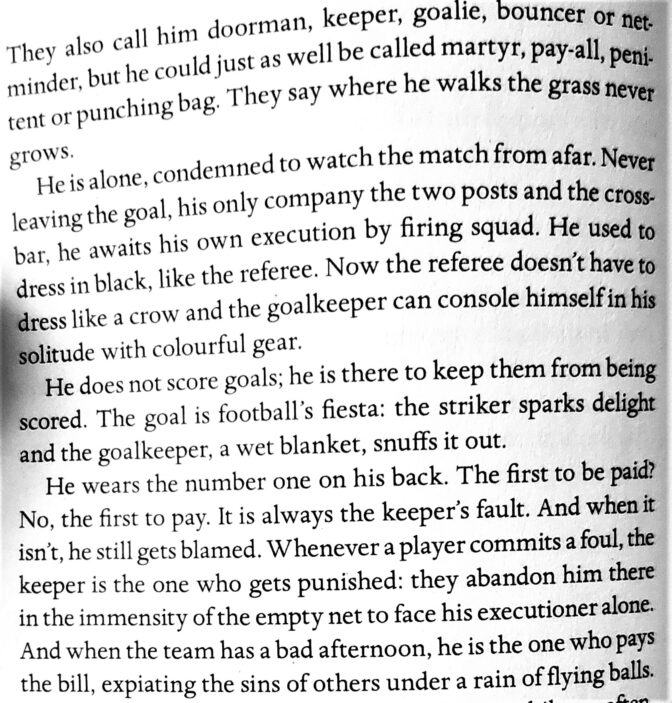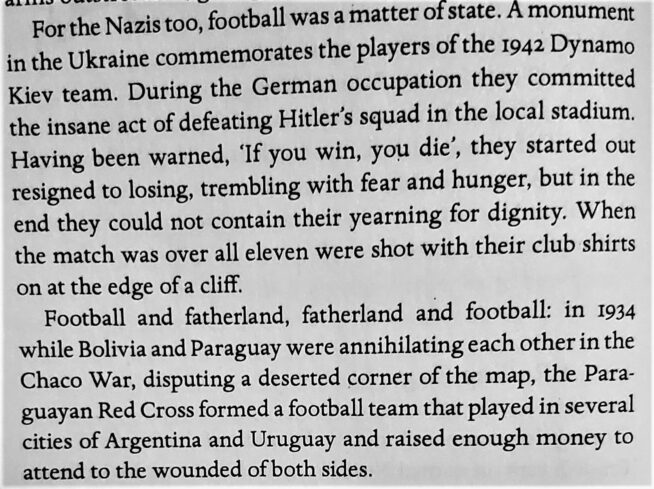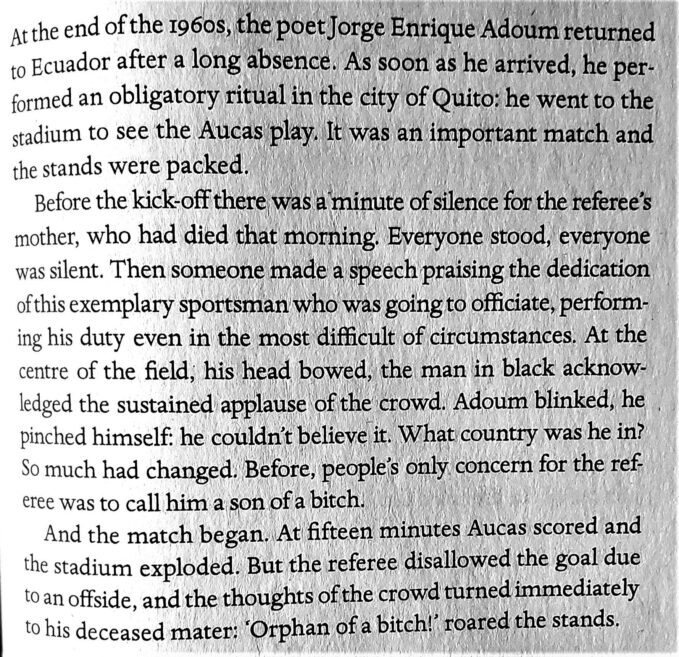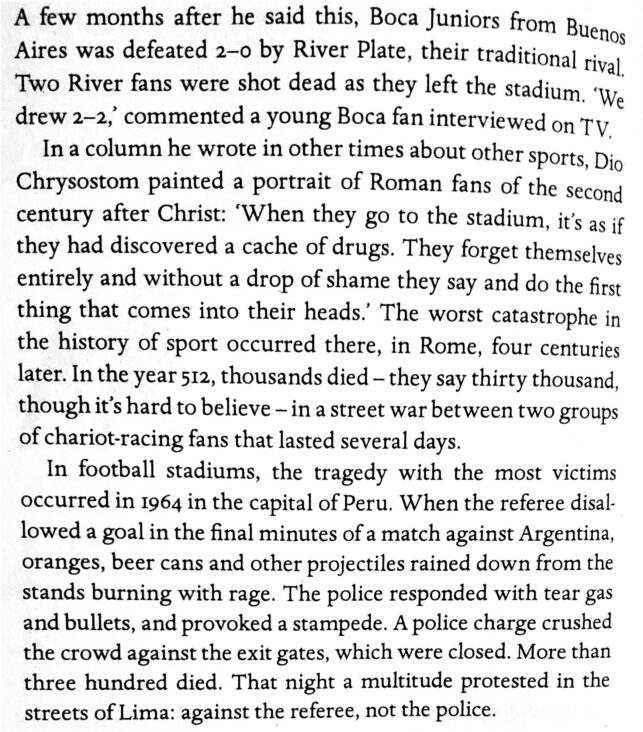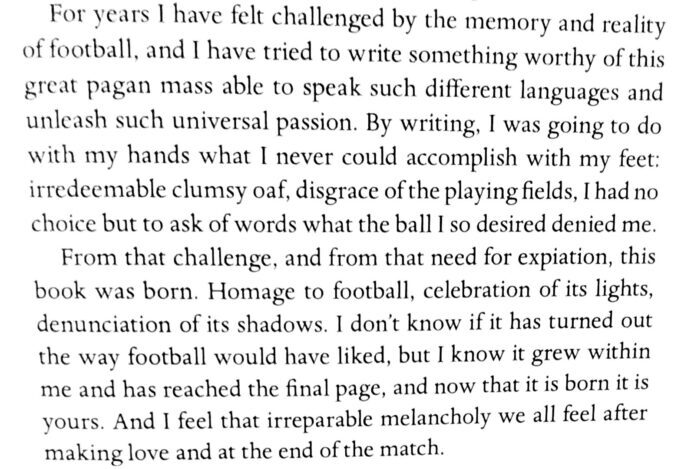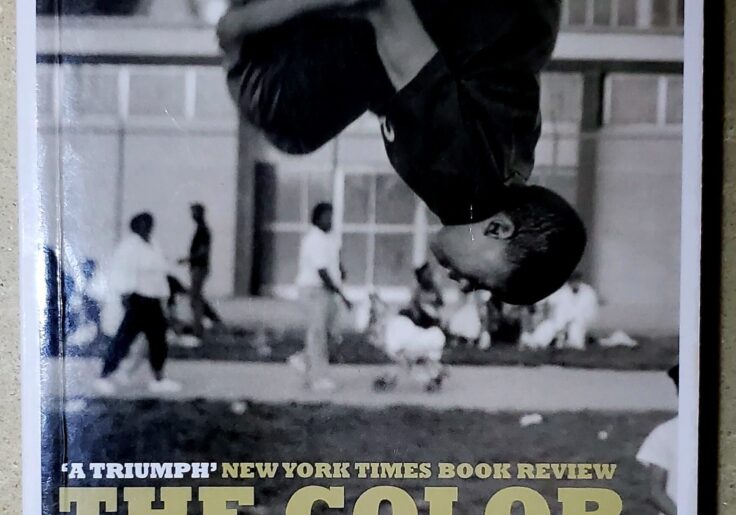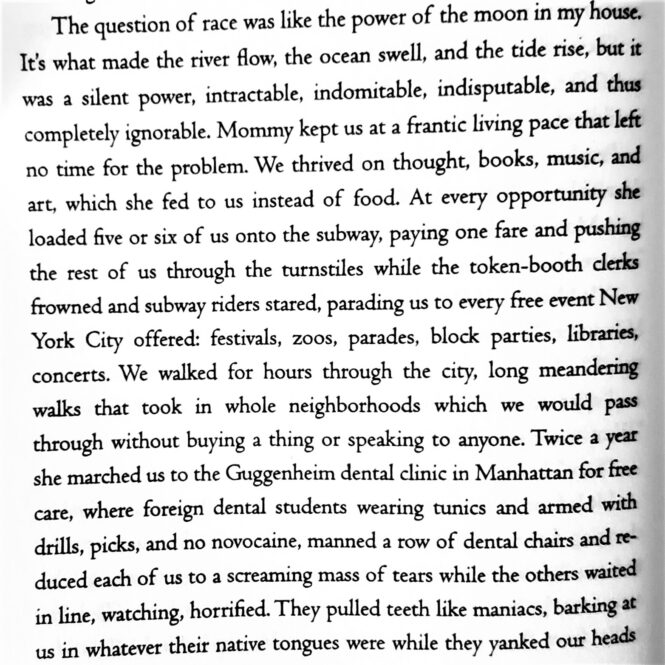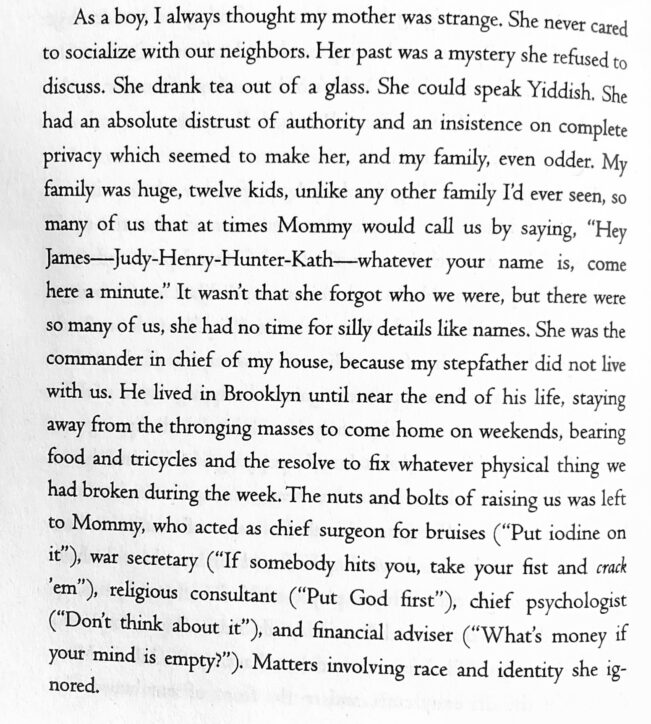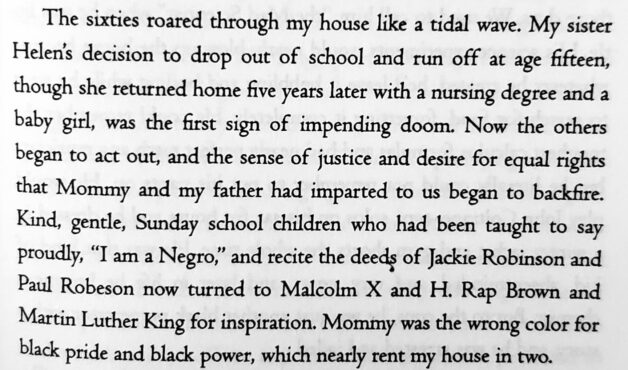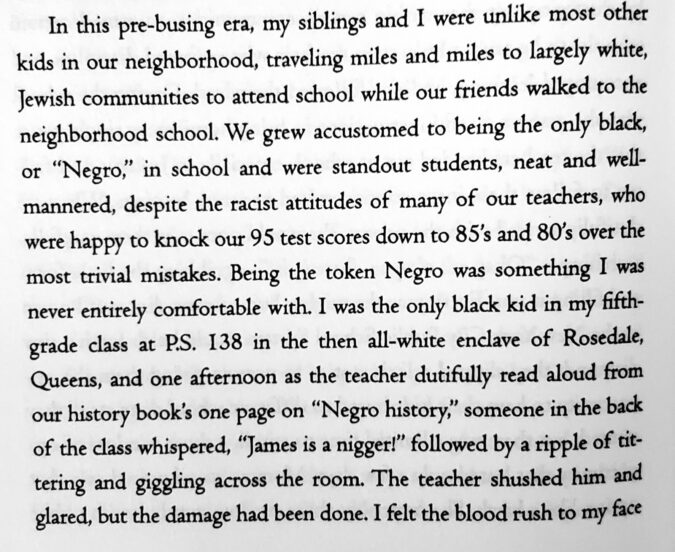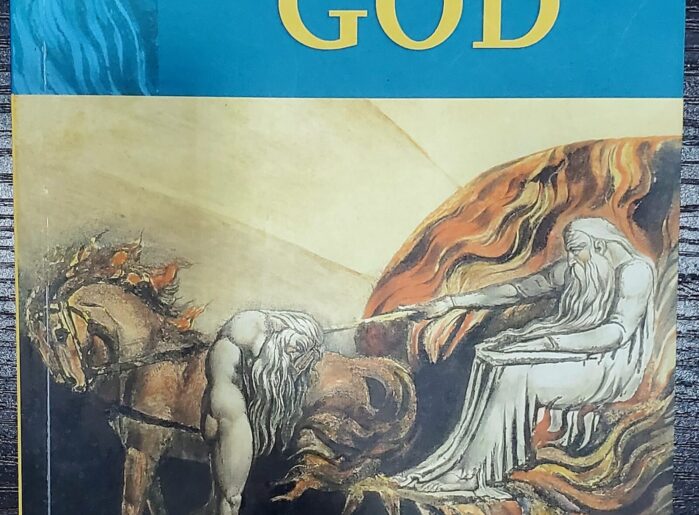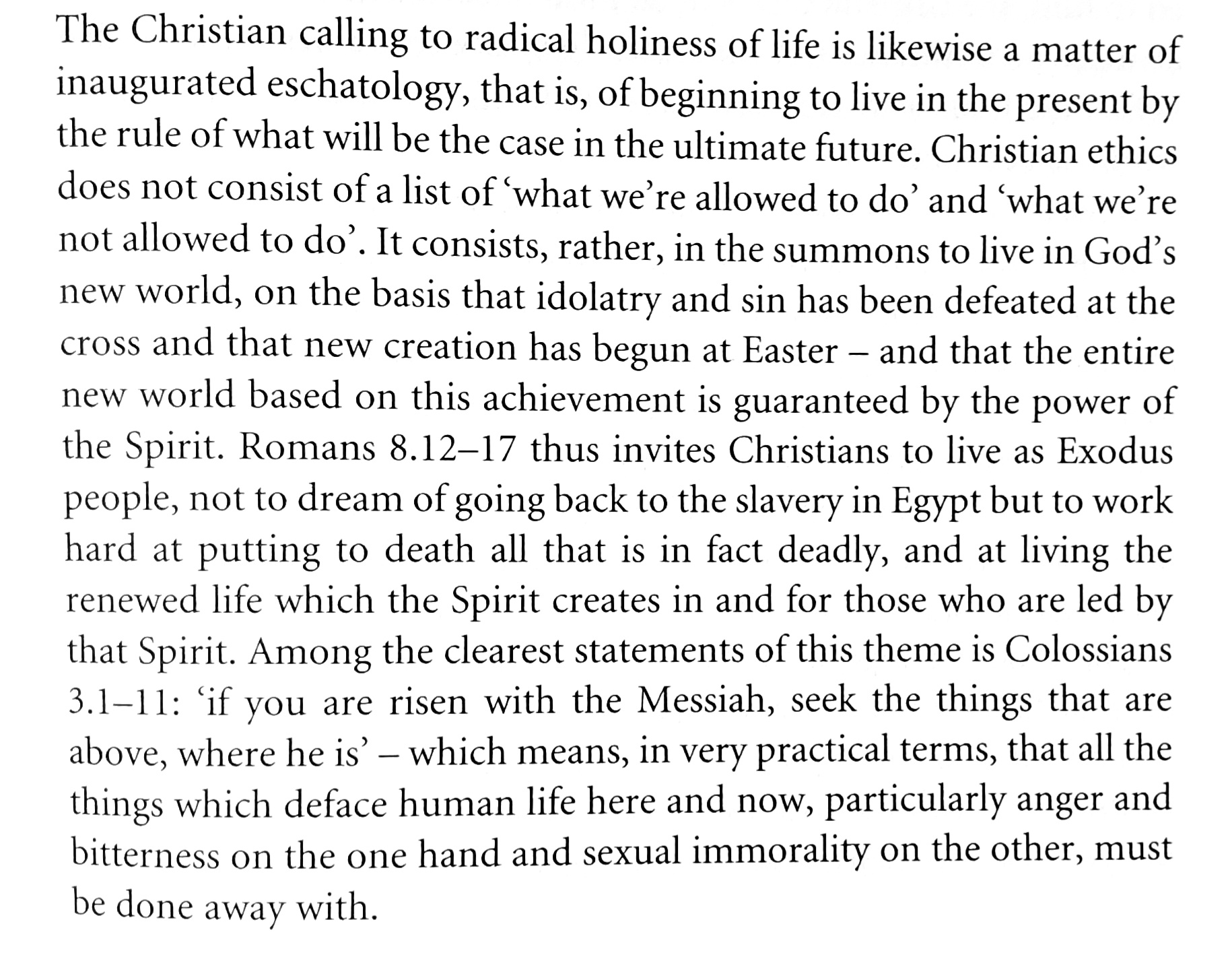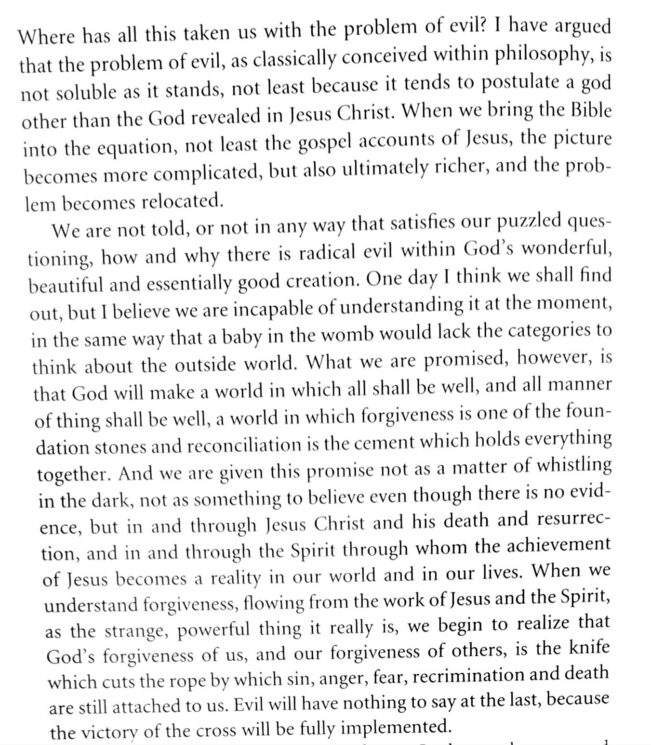I have noted a few Nigerian writers mention their fellow Nigerian writer – Chuma Nwokolo as a favourite of theirs. None of his books has so far been published by any of the popular and big (by Nigerian publishing standards) publishing houses, so finding his books on shelves is a relatively complicated task. I found The Extinction of Menai in a bookshop a couple of years ago and had been anticipating the read ever since. 2023 is the year I finally got around to it.
The Extinction of Menai is a complex and almost gripping narrative. A novel that is inventive, multi-dimensional in its scope and evidently layered, by a writer confident in his craft. At the core of the narratives is the plight of the fictional Menai tribe in the Nigerian Niger-delta region. The Menai tribe is on the brink of extinction because its people are dying at an alarming rate due to the adverse effects of a rogue drug trial that was conducted on them without consent. On a related note, the local political government scene is charged with threats of secession from the federal government amidst the use of foreign mercenaries in the bid to secede militarily. The complexity of The Extinction of Menai is that there are several narratives jostling for attention with the story of the Menai people which is meant to be the main story. In the end, there is a compendium of sorts with a multitude of protagonists, that makes for a rowdy reading experience. While the writing is brilliant and the dialogue is sharp, a lot of the prose is opaque and seemingly without context. All of these are further complicated by the format that endlessly shifts between the past and the present from one chapter to the other and in no particular order.
With the Menai culture and its people facing extinction, there is a fightback for its survival led by the Mata Nimito. Their fightback is interspersed with the struggles of a British short story writer whose identical twin is a wanted Nigerian terrorist, a governor who is leading a political and military fight for the secession of his people, and several protagonists with differing narratives that appear and disappear in the many vignettes that make up The Extinction of Menai. In all, the scope is ambitious, and the writing is measured but the structure and overarching execution do not hit the spot and therefore the general reading experience is underwhelming.
2.9/5